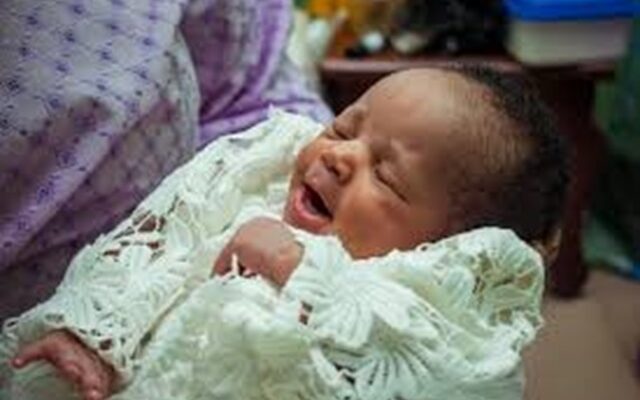A name is term used for identification by an external observer. They can be used to identify a class
of category of things or a single thing either uniquely or within a given context. The entity identified by a
name is called its referent. A personal name identifies, naming has a tradition of many centuries, even
from the time of creation where God called forth things to be by their names, it’s amazing how we do not
respond to someone else’s name when called upon, because that is not the name that has been tagged to our identity.
Naming is not only tied to humans but also to everything the world the world consist of, for example animal, objects, plants, location, and even things unseen by the physical human eyes have their
various names as a means of reference or identity.
However when it comes to naming for human beings the method by which this is done varies in
different parts of the world, the process of naming for a white man can be different from that of the
African man, that of the Asians different from that of the Americans, even in Nigeria the naming culture
of each ethnic group differs. Names can be given based on gender, skin colour, height, days of the week,
or even after religious or traditional leaders. Some people decide the name of the child before he or she
is born, while others do so after they are born, some consult an oracle before deciding a name, while
others consult their religious heads, names can also be decided by a way of intuition.
Choosing a name for a child in this part of the world (Nigeria ) is considered a sacred event, one of
overwhelming importance. At the all important naming ceremony, the newborn is introduced formally
to his immediate and extended family, as well as to important members of the society, for example
looking at the various ways naming is conducted by different ethnic groups in Nigeria.
Firstly the yorubas, yoruba names are often carefully considered during the week to the naming
ceremony, as great care is placed upon selecting a name that would reflect any sort of negativity or
dispute, in other words selecting a name that previously belonged to a thief or criminal for a child is not
considered as wise, as it (according to yoruba philosophy ) could result in the child growing up to
become a thief or criminal. The yoruba people name their children on the seventh day after birth, names
are often given by the eldest member of the family or the father, names are often tired to nature,
ancestors or spiritual beliefs and cultural significance.
Secondly the hausa people, here the naming ceremony is performed every sixth day after birth, the
father chooses name from the Koran without consulting the mother, this is so because according to the
opinion of the hausa heads or elders men are the superiors of a home and has the ultimate power to
make decisions for his home without the consent of a woman. Boys are named after prophets, while girls
are named after historical figures.
In igbo culture, the naming ceremony comes up almost immediately after the birth of the child, it is
normally done on the 7th to 12th day after birth. The naming ceremony is called ” ikuputan wan or igu
Nwa AhA”. After the birth of a child woman gather to sing joyous songs then rob”Nzu”(A white powder)
on their neck, according to elders of the society it signifies a mark of purity of the heart. After some days
an event is organised where the child is named. Amongst many other ethnic groups.
In conclusion, the naming ceremony is a special moment for families to come together, share joy,
and bestow blessings upon the child. It’s a time honored practice that has been passed down through
generations and its significance endures in modern times.
– Ruth Friday Adejoh-Ojo
300L, Mass Communication Department,
Prince Abubakar Audu University, Anyigba, Kogi State.

